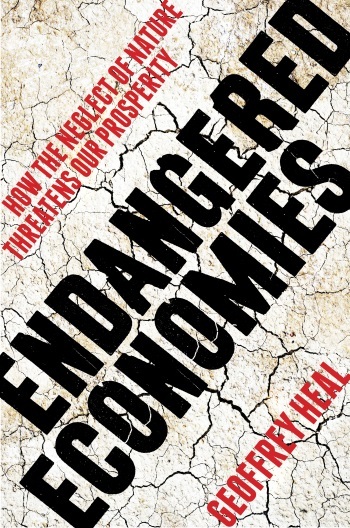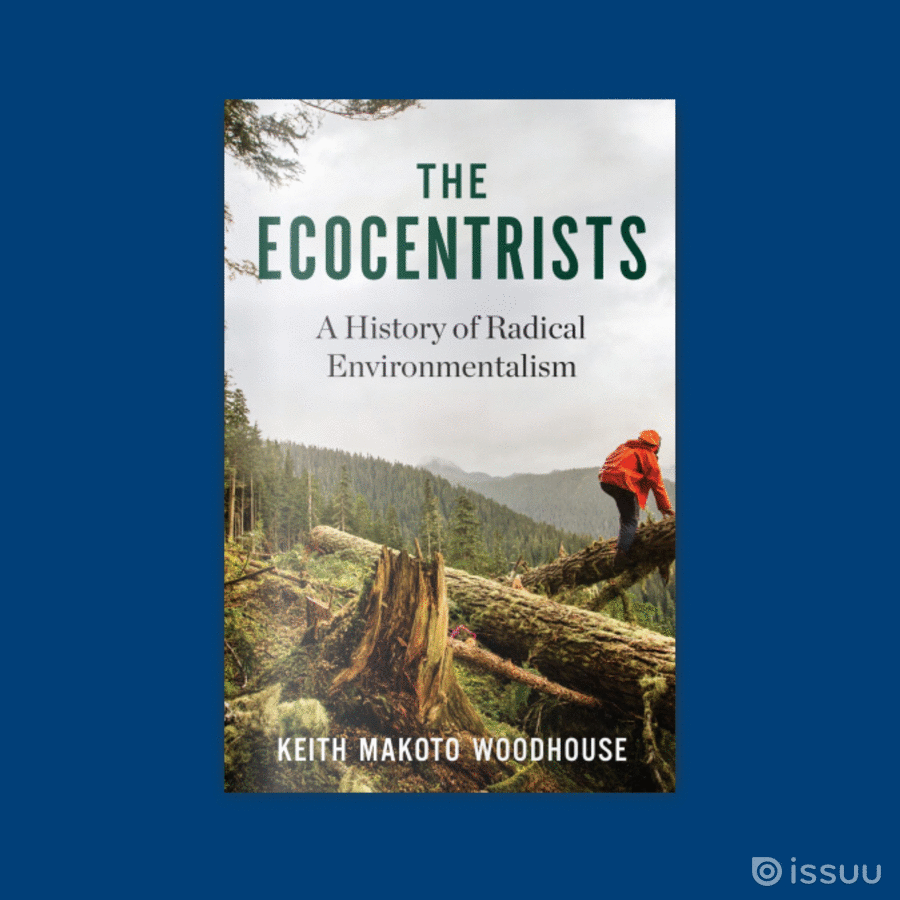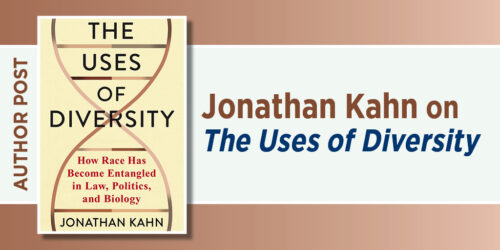Conserving the Environment is Crucial but Simple
“External costs pose the biggest threat to the environment by preventing nature and the economy from working together. External costs occur when a third party must pick up the tab for the negative consequences of a transaction. A transaction that occurs every day is a good example: let’s say I buy gasoline, burn it in my car, and harm people who inhale the exhaust fumes or whose climate is altered by greenhouse gases generated. The people who are injured did not purchase and burn the gas—I did. Yet I do not pay for the harm done.” — Geoffrey Heal
This week, our featured book is Endangered Economies: How the Neglect of Nature Threatens Our Prosperity, by Geoffrey Heal. Today, we are happy to present a guest post from Heal, in which he argues that environmental conservation is crucial to our prosperity, and indeed to the future of our civilization, and is easier than most people think. He also provides four relatively simple reforms that will transform how our economies interact with the environment and make a pristine environment compatible with growth and prosperity.
Don’t forget to enter our book giveaway for a chance to win a free copy of Endangered Economies!
Conserving the Environment is Crucial but Simple
By Geoffrey Heal
Our dependence on nature runs deep. There is no denying that a pristine environment improves our health, lengthens our lives and makes us more productive. Yet in our lifetimes, catastrophic environmental change will occur because of four basic, correctable errors in the design of our economic systems. We can fix the most egregious flaws in the system to correct our neglect of nature and allow the economy and the environment to coexist and nurture one other.
External costs pose the biggest threat to the environment by preventing nature and the economy from working together. External costs occur when a third party must pick up the tab for the negative consequences of a transaction. A transaction that occurs every day is a good example: let’s say I buy gasoline, burn it in my car, and harm people who inhale the exhaust fumes or whose climate is altered by greenhouse gases generated. The people who are injured did not purchase and burn the gas—I did. Yet I do not pay for the harm done. There are many ways of solving problems like this – problems that involve a social cost. We can levy a charge to reflect the costs to third parties, we can give damaged parties the right to sue, we can regulate activities that affect third parties, and more. What we can’t afford is to continue to ignore this harmful error in our economic policies.
The second most important problem with our economic policies is that property rights are not always clearly defined. The consequence here is dire. Valuable capital is actually destroyed or harmed. No one owns the fish in the sea: they only become property once they are dead in the marketplace. This lack of ownership leads to overexploitation because no one has any incentive to conserve or manage the population. As a result, many fish stocks have plummeted by 90% in the last half century. It’s not just that the number of fish has fallen. Small fish tend to mature faster and have a better chance to breed before being caught; they also have a better chance of escaping capture. Thus, natural selection has determined that we now have a diminished population of diminished fish. We are just beginning to fix this problem through systems of tradable quotas introduced in many fisheries, and they are working well.
A third problem is that the natural world provides services that are essential to our prosperity, but we don’t value them. Natural assets provide a stream of services over time, just as physical or intellectual capital goods provide a flow of benefits, which makes the natural world a form of capital. Some of our most important and valuable assets are in fact natural capital, yet we generally don’t include them in our accounts or on our balance sheets, which means in particular that our accounts don’t reflect their depletion. Take the case of fish stocks: these are an asset we are depleting, yet we don’t see this in any of our accounts. Accounts should warn you when you are running down your capital but ours don’t. We have to change this, and it’s easy to do. In fact, the United Nations, which sets the framework for the accounts of nations, has already proposed a framework for doing this and several countries (but not the US) are implementing it right now.
The fourth and final error in the way we run the economy concerns how we evaluate our economic performance. This is an area in which economists worship false gods. We use Gross Domestic Product (GDP) as the standard, but it’s the wrong measure of economic performance. GDP can go up when bad things happen, such as a hurricane or flood that necessitates rebuilding, and down as a result of good ones, such as the introduction of long-lasting light bulbs, which means that fewer are sold. We shouldn’t be rating ourselves by GDP growth, but by sustainable increases in human wellbeing. Better measures of economic performance are under development. We need to implement them and evaluate our performance ourselves by the results.
The world faces serious environmental problems. Maps are already being redrawn to reflect loss of landmass to rising seas, and nations are beginning to fail because of water shortages. The natural world is critically threatened by mismanaged human activity, imperiling not only human populations but thousands of other species that call the forests and oceans home. Now is the time to use the tools readily at hand to manage wisely. We need to use these tools broadly and boldly to rebuild a prosperous and sustainable world and end the threats to our prosperity engendered by our neglect of nature.





